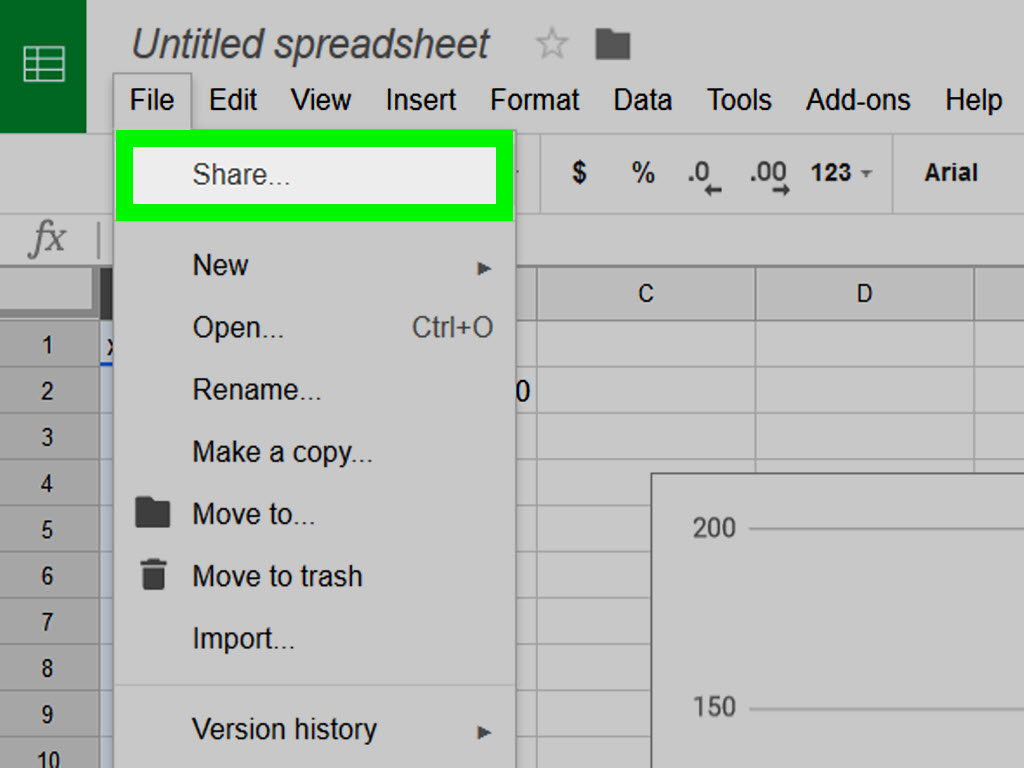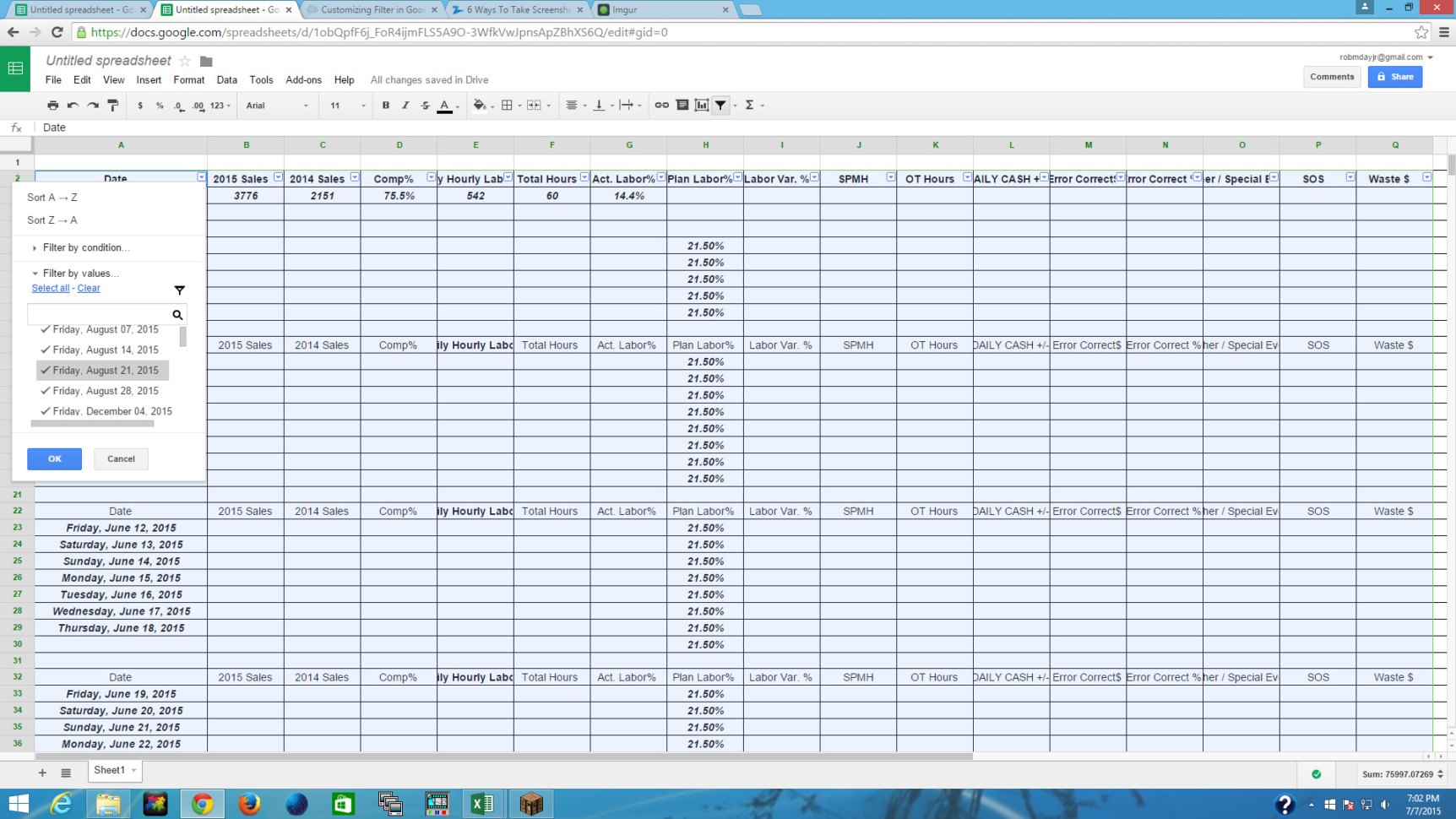Untitled Spreadsheet might sound familiar to anyone who has quickly created a new file in a hurry, only to leave it with the default name. It’s a small detail, but it can have a surprisingly big impact—especially when collaborating or managing multiple projects. Exploring the world of spreadsheet naming reveals the hidden power of organization, clarity, and teamwork.
Many popular spreadsheet applications, like Google Sheets and Microsoft Excel, automatically assign the bland “Untitled Spreadsheet” label to new files until you give them a proper name. While it seems harmless, leaving spreadsheets unnamed can lead to confusion, miscommunication, and even security risks when files are shared among teams. With a few simple steps and best practices, you can transform chaotic folders into efficient, collaborative workspaces—starting with the humble act of renaming a file.
Introduction to “Untitled Spreadsheet”

Many users encounter the default name “Untitled Spreadsheet” when creating a new spreadsheet in popular applications. This generic label appears automatically until the user assigns a specific name. Scenes where this occurs include launching a fresh document in Google Sheets, Microsoft Excel web version, or other cloud-based spreadsheet platforms. Leaving the spreadsheet unnamed for extended periods, especially in collaborative workspaces, can lead to confusion, errors, or even loss of important data.
In collaborative settings, an unnamed spreadsheet makes it difficult for team members to identify document purpose, owners, or update status. This can result in accidental overwrites, miscommunication, or duplicated efforts. Most spreadsheet applications, including Google Sheets, Microsoft Excel Online, Zoho Sheet, and Apple Numbers, use “Untitled Spreadsheet” as a placeholder until the document is renamed.
Default Naming Scenarios in Spreadsheet Applications
The following points highlight common occurrences and implications of the “Untitled Spreadsheet” default label:
- New files created in cloud-based spreadsheet platforms adopt “Untitled Spreadsheet” as an initial title.
- Users collaborating on shared drives may see multiple files with the same default name, complicating file identification.
- Automated backup or versioning systems may save multiple unnamed versions, making recovery or audit tasks harder.
Importance of Naming Conventions in Spreadsheets
Naming conventions greatly enhance the efficiency of managing, searching, and collaborating on spreadsheets. Assigning descriptive names assists users in quickly understanding the file content, version, and relevance, reducing the chance of confusion or data mishandling.
Clear naming not only streamlines workflow but also helps maintain consistency across teams or departments. Descriptive file names allow users to instantly recognize the document’s purpose or project affiliation without needing to open each file.
Examples of Effective Spreadsheet Naming Practices
Adopting good naming conventions is essential for professional work environments. The following bullet points illustrate some effective approaches:
- Include the project or client name (e.g., “Q2_SalesAnalysis_ClientA.xlsx”).
- Add a date in ISO format for version control (e.g., “Inventory_Report_2024-06-18.xlsx”).
- Use department identifiers (e.g., “HR_Employee_Records_2024.xlsx”).
- Incorporate descriptive s (e.g., “Budget_Forecast_TeamMeeting.xlsx”).
- Limit the use of spaces and special characters for compatibility (e.g., use underscores or dashes).
Risks of Miscommunication with Generic File Names
Files with non-descriptive or identical names can easily be misinterpreted. For instance, if several team members upload reports as “Untitled Spreadsheet,” it’s likely that important updates are missed or the wrong file is referenced in meetings. Adopting specific names ensures smooth communication and accountability within teams.
Steps to Rename an “Untitled Spreadsheet”
Renaming a spreadsheet is a fundamental skill that improves organization. The procedure varies slightly by application, but the basic concepts remain consistent. Below is a structured guide to renaming spreadsheets, including common pitfalls and solutions.
| Step | Action | Application Example | Result |
|---|---|---|---|
| 1 | Click on the title field at the top of the spreadsheet | Google Sheets: Click “Untitled Spreadsheet” in the upper left | Text field becomes editable |
| 2 | Type in a new, descriptive name | Microsoft Excel Online: Enter “Sales_Data_Q2_2024” | File name updates immediately |
| 3 | Press Enter/Return or click outside the title field to save | Zoho Sheet: Click outside the title box after renaming | New name is saved and visible to collaborators |
| 4 | Check for errors such as duplicate names or unsupported characters | Apple Numbers: Avoid using slashes or colons in the file name | Prevents errors and potential save issues |
Common Errors and Solutions When Renaming Spreadsheets
Users may encounter issues such as using restricted symbols (like slashes, question marks) or trying to apply a name that’s already in use within a shared folder. These errors can be avoided by following application guidelines, using unique descriptors, and double-checking the target folder for existing filenames before renaming.
Best Practices for Spreadsheet Organization
Organizing spreadsheets with consistent folder structures and file naming conventions ensures information remains accessible and reduces the risk of misplaced data. Proper file organization is especially important for teams handling large volumes of documents.
Methods for Structuring Spreadsheet Files
Adopting a clear folder hierarchy and categorization approach simplifies file retrieval and sharing. Some effective methods include:
- Group files by project or department in dedicated folders.
- Create subfolders for different years, quarters, or months.
- Use consistent naming patterns across all files and folders.
- Archive completed projects in separate folders to reduce clutter.
- Set up read-only folders for finalized documents to prevent accidental changes.
Implementing File Naming Systems for Different Projects or Departments
Assigning prefixes or tags based on project codes or department abbreviations makes it easy to identify file ownership and relevance. For instance, files belonging to the finance department might begin with “FIN_”, while marketing documents might use “MKT_”. Adding version numbers and update dates enhances traceability.
Impact of Organized Spreadsheets on Workflow Efficiency

Imagine a marketing team managing multiple campaign budgets. Before adopting structured naming and folder systems, team members often spent excessive time locating the latest files, leading to duplicate data entries or overlooked updates. After introducing a standardized system—using folders named by campaign and files titled with dates and responsible staff—workflow bottlenecks were minimized. Team members could now find, update, and share the right documents within seconds, resulting in fewer errors and smoother project execution.
Collaborative Challenges with “Untitled Spreadsheet”
Collaborating with spreadsheets named “Untitled Spreadsheet” causes a range of issues, from version confusion to lost data. When several users contribute to a shared environment, generic names make it difficult to track changes, assign responsibility, or ensure everyone works on the correct file.
Issues Caused by Unnamed Files in Collaboration

Without proper naming, collaborators frequently experience:
- Difficulty identifying file owners or document status.
- Increased risk of working on outdated or incorrect files.
- Overwriting each other’s changes or duplicating documents.
- Challenges in referencing or citing the correct spreadsheet during discussions.
Strategies for Avoiding Version Conflicts, Untitled Spreadsheet
To prevent version conflicts, teams should establish clear naming protocols, lock or restrict editing on finalized versions, and utilize version history features provided by spreadsheet software. Assigning unique names to each iteration of a file ensures everyone is working on the most current document.
During a quarterly review, three team members uploaded their individual reports, all labeled “Untitled Spreadsheet,” to the shared drive. When management tried to consolidate the data, they couldn’t distinguish between the reports, leading to duplicated entries, missed updates, and significant time lost clarifying which file belonged to whom.
Concluding Remarks
In summary, turning Untitled Spreadsheet into a well-named, organized file is more than just an administrative task—it’s a foundation for team productivity, data security, and seamless collaboration. By adopting thoughtful naming conventions and leveraging automation tools, you ensure that every spreadsheet supports your goals instead of slowing you down. Start naming smarter today and watch your workflow transform.
FAQ Corner: Untitled Spreadsheet
Why do new spreadsheets start as Untitled Spreadsheet?
Most spreadsheet applications use “Untitled Spreadsheet” as a default placeholder until the user assigns a custom name, making it easy to quickly start working without thinking about naming right away.
Is it possible to recover a spreadsheet if it was left unnamed and lost among many files?
Yes, most apps like Google Sheets and Excel keep recent files accessible in your drive or history, but searching for “Untitled Spreadsheet” can be confusing when there are many with the same name.
Do naming conventions really help with security?
Yes, using clear and unique spreadsheet names helps prevent accidental data leaks and makes it easier to control access, especially in shared environments.
Can I bulk rename spreadsheets if I have many unnamed files?
Many spreadsheet platforms offer add-ons, built-in tools, or external scripts that allow you to rename multiple files at once for better organization.
What happens if more than one person edits separate files all called Untitled Spreadsheet?
This can lead to confusion, version conflicts, and even accidental overwrites, making it difficult to track changes or ensure everyone is working on the correct file.
